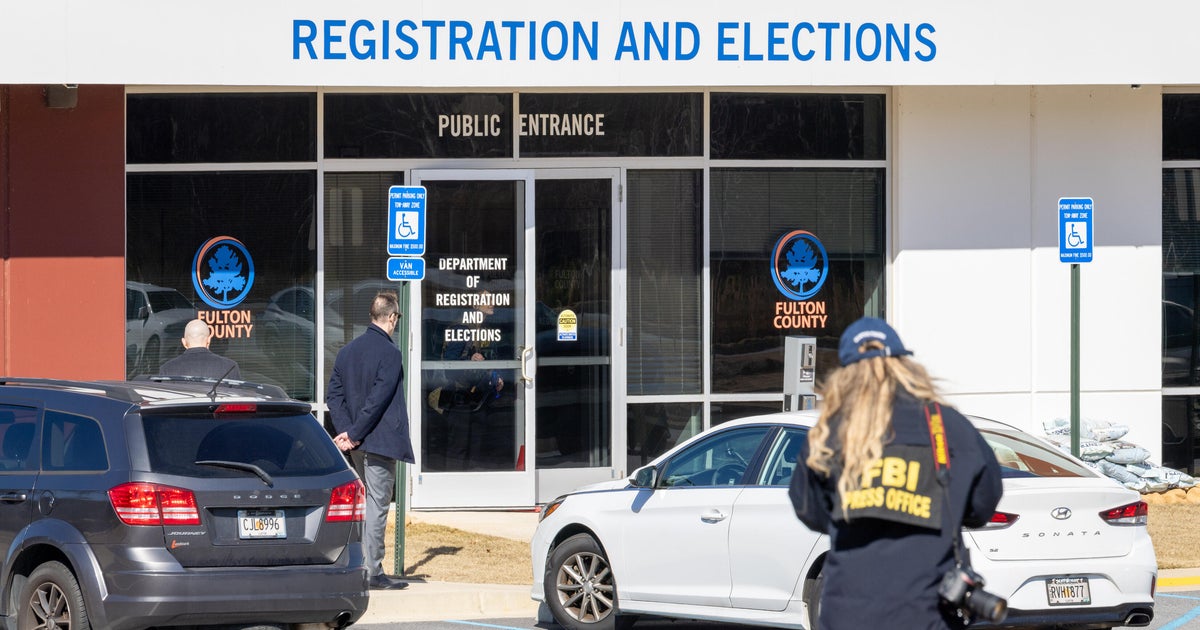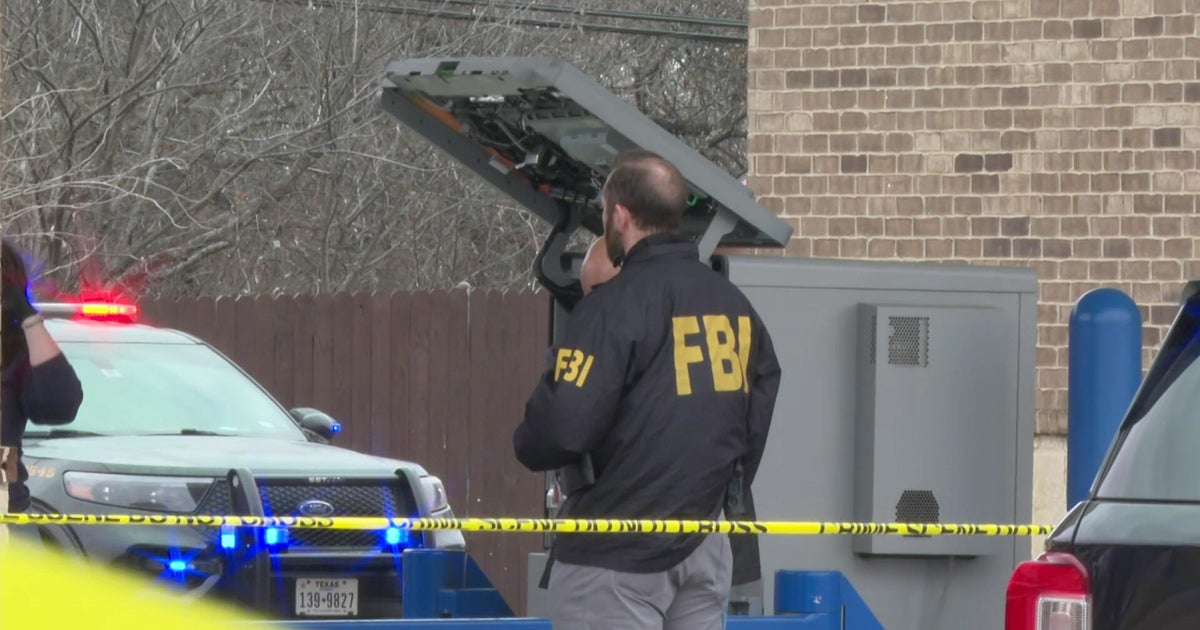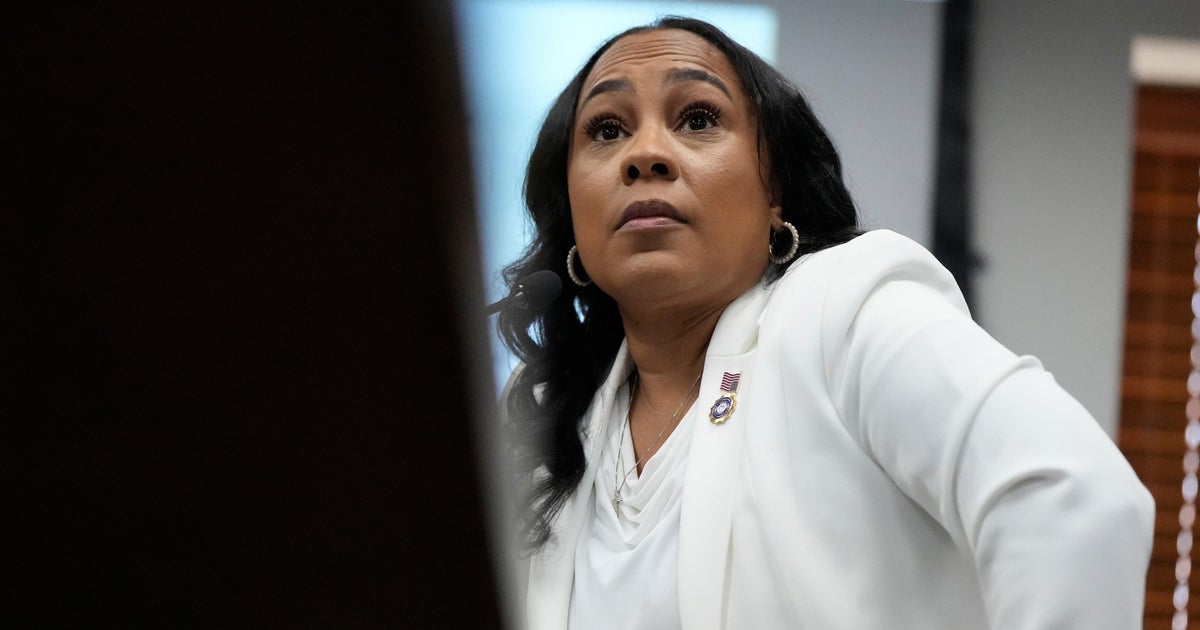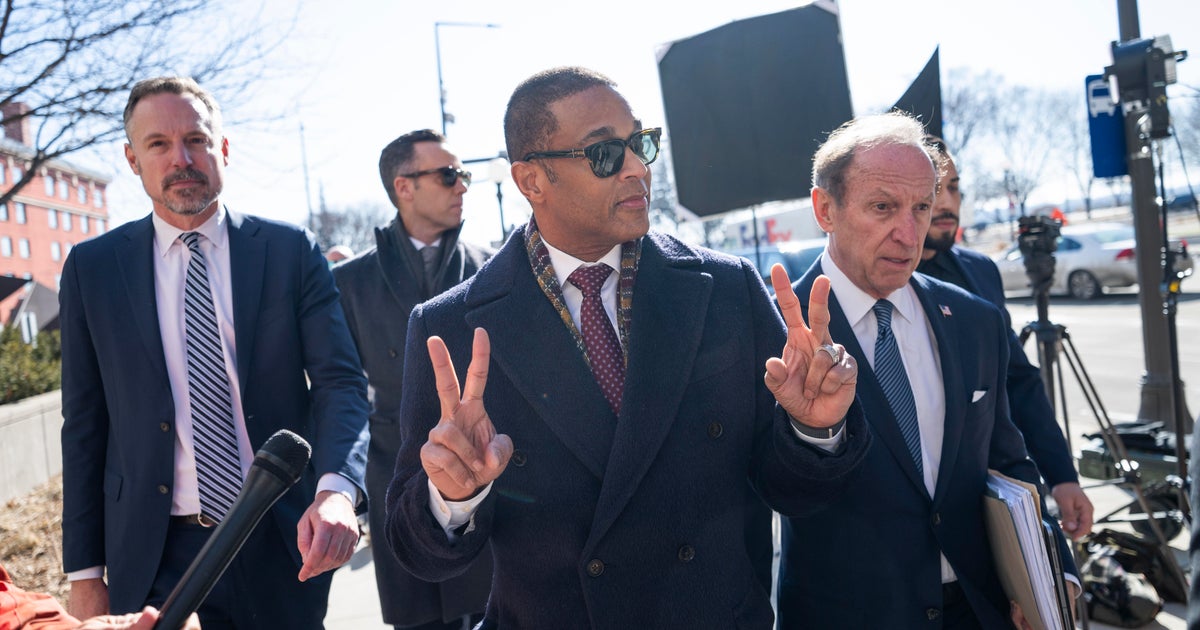FBI, Other Law Enforcement Look To Counter Online Extremism In Wake Of Capitol Attack
DALLAS (CBSDFW.COM) - The FBI is warning police departments across the country of violence in the coming days ahead of President-elect Joe Biden's inauguration.
Agents have picked up online conversations about plans for multiple armed protests in Washington, DC and state capitols in every state.
"From the moon landing to 9/11 to the election, there's always groups out there that are going to spread conspiracy theories," said Idean Salehyan, a political science professor at the University of North Texas.
Extremist groups aren't new in America, but now, with social media, they can reach more people than ever before – and even organize.
"We knew on the internet, prior to the attack on the Capitol, that people were calling for violent action on that day," Salehyan said.
US Attorneys In Texas Warn Of 'Vigorous Prosecution' For Any Violence At State Capitol
After the angry mob descended on the Capitol, tech companies took unprecedented steps to crack down on baseless claims of election fraud.
Facebook banned content promoting the phrase "Stop the Steal" and blocked President Trump's account. Twitter kicked him off their site, too.
Parler, an unmoderated social network platform that became a haven for far-right groups, has been cut off from Amazon web services and mobile app stores.
"The removal of them from these more traditional, exposed spaces will actually make them go into darker places, where it's harder for us to keep an eye on what's happening," said Jared Schroeder, as associate professor of journalism at Southern Methodist University.
FBI Warns Of Potentially Violent Nationwide Protests Ahead Of Biden Inauguration
Furthermore, it won't stop threats of more extremist violence from continuing to circulate online on other sites, with comments like "Round 2 on January 20th. This time no mercy."
"I think there are some positive signs, especially after the Capitol attack, that the FBI and other law enforcement agencies are going to begin to monitor these groups and their activities much more closely," said Salehyan.
Preventing the spread of misinformation in the first place is important, too.
"This stuff is here to stay, so getting better at spotting it is our best weapon," Schroeder said.
One idea to help combat extremism online is to make media literacy a part of the curriculum in schools, teaching students how to tell the difference between reliable and unreliable information on the internet.
MORE FROM CBSDFW







